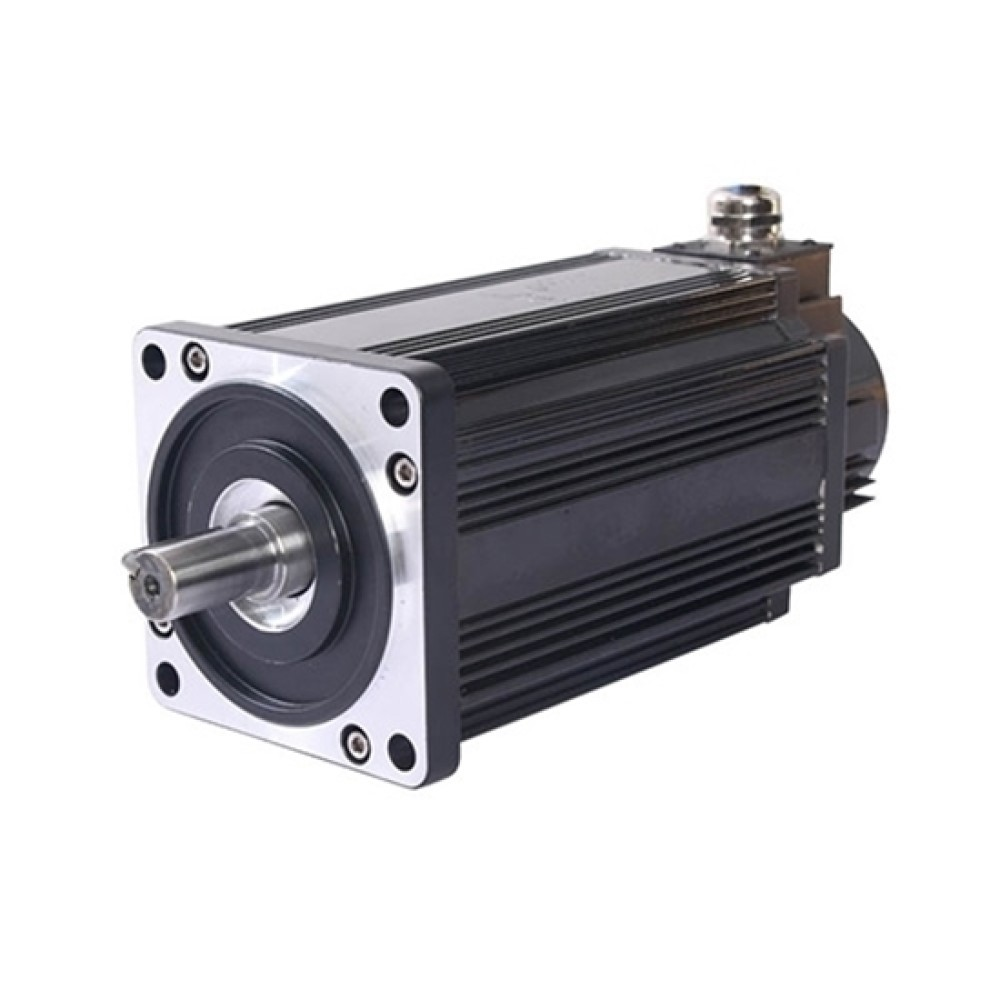Servo Motors: The Unsung Heroes of Precision Control
In the realm of modern industrial automation, servo motors stand out as essential components due to their high precision, rapid response times, and efficiency. From the precise movements of robotic arms to the accurate machining by CNC machines, the applications of servo motors are pervasive, serving as the core for achieving efficient and flexible operations in automated production lines.
What is a Servo Motor?
A servo motor is a type of motor that can be precisely controlled in terms of position, speed, and torque. It typically consists of three main parts: the motor itself, an encoder (used to detect the motor’s position or speed), and a driver (which receives commands and converts them into electrical signals to drive the motor). Compared to regular motors, servo motors offer higher accuracy, faster response, and better dynamic performance.
How Does a Servo Motor Work?
- Command Reception: The control system sends a command to the servo driver specifying the target position, speed, or torque.
- Signal Conversion: The servo driver converts the received command into an electrical signal capable of driving the motor.
- Motor Operation: The motor operates according to the signals provided by the driver, while the encoder continuously monitors the actual position or speed of the motor and feeds this information back to the driver.
- Closed-loop Regulation: The driver compares the actual values with the target values, adjusts the output signals accordingly to ensure the motor meets the desired performance metrics. This process is continuous, ensuring the stability and accuracy of the system.
Key Features of Servo Motors
- High Precision: Capable of achieving position control at the micron level.
- Fast Response: Extremely quick reaction to control commands.
- Wide Speed Range: Maintains constant torque output across a broad range of speeds.
- Strong Overload Capability: Short-term overload operation does not damage the motor.
- Energy-efficient and High Efficiency: Advanced control algorithms reduce energy consumption and improve work efficiency.
Application Fields
Servo motors find applications in various industries, including but not limited to:
- Manufacturing: Such as automotive manufacturing, electronic assembly lines where high levels of automation are required.
- Medical Equipment: For precise motion control in surgical robots, diagnostic instruments, etc.
- Aerospace: For the attitude control of aircraft, direction adjustment of satellite antennas, etc.
- Consumer Electronics: Fine operations inside devices like printers, scanners, etc.
As technology continues to advance, the performance of servo motors is constantly improving, and their application scope is expanding. In the future, we can expect servo motors to play an even greater role in more fields, driving the development of social productivity and the improvement of living standards.

